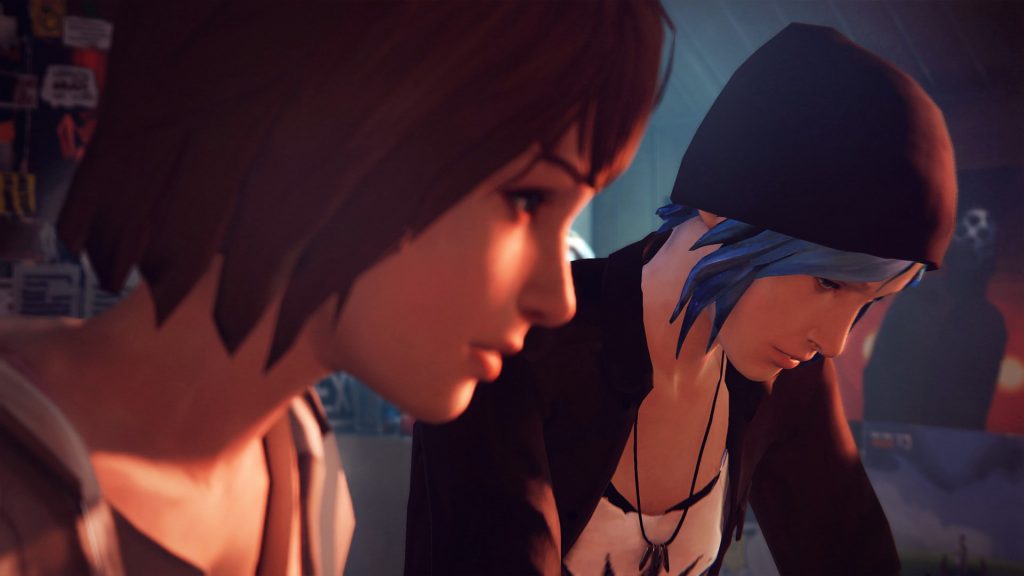
How Video Games Provide Safe Spaces for Queer Exploration
Video games, especially those in the AAA space, are often (fairly) critiqued for dropping the ball on queer representation, whether that’s through poorly executed queer characters, or not having any present in the game at all. But despite this, games provide a unique space for players to explore different aspects of their gender and sexuality in a way that’s safer and more private than real life experimentation through customizable characters and player-driven choices.
Pokemon
You wouldn’t think of the Pokemon series as all that queer. Romance doesn’t have much of a place in the series generally, outside of some NPCs here and there. The protagonist is always a child/young adult whose focus is earning gym badges and filling out their Pokedex. But through their nature as blank slates, these protagonists provide a unique space for players to explore different aspects of their gender and sexuality.
“I actually figured out what name I originally wanted to go by when starting up a Pokemon Emerald game like 6-7 years ago,” said Lilith, a trans woman who figured out her gender identity through gaming. She chose to play as a girl in Pokemon Emerald, only then realizing that she’d been doing the same with basically any game that offered a choice for the player character’s gender. “After that, it asked me what my name was and I felt this kind of weight in my chest that I was actually choosing a new name for myself.”
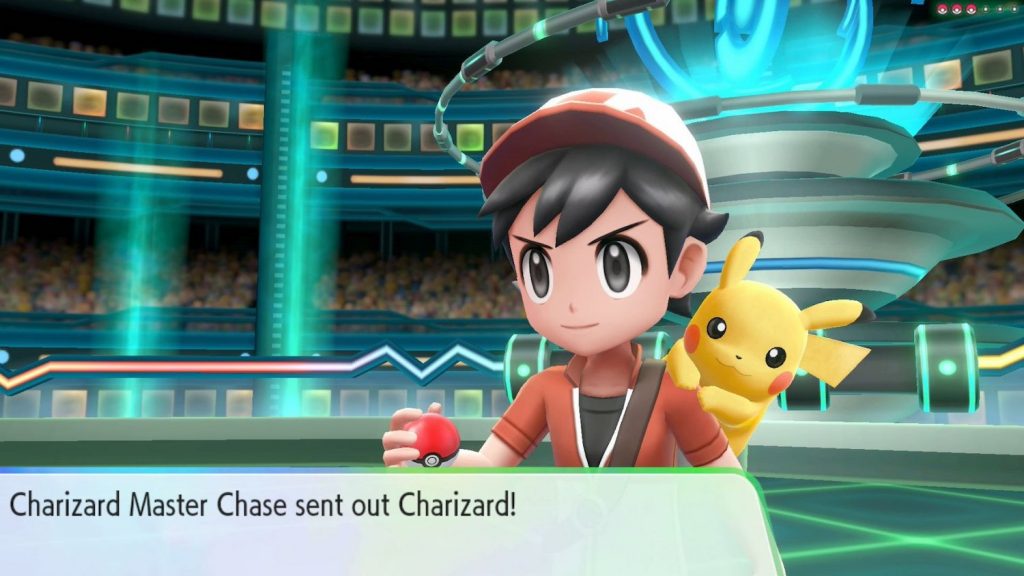
The protagonists of Pokemon aren’t all that complicated or interesting, but their generic nature makes it easy for players to examine different aspects of their identity in a way that’s relatively low-stakes, and private. Plenty of games have characters like these: blank slates with which the player can project their desires and tribulations onto.
The Sims
Though they aren’t your traditional player characters, characters in The Sims are as similarly featureless. The Sims is, ultimately, a power fantasy, giving players control over communities whose lives you can impact as a benevolent (or not so much) god. It provides another space to play in without the consequences that are often heavily imposed on those who experiment with gender and sexuality in their day to day lives.
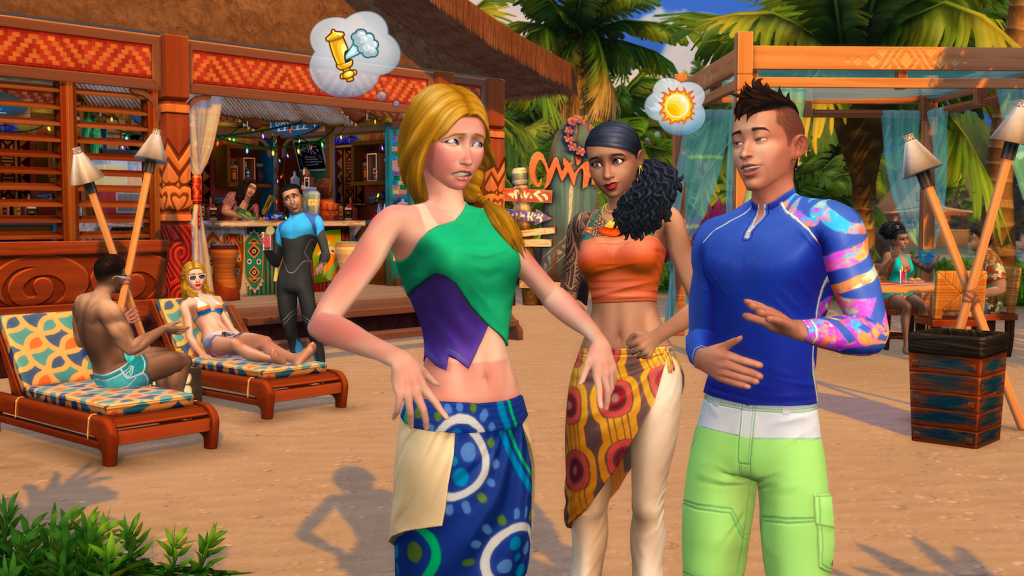
For Aleksander, the first Sims game was a place to break out of traditional masculinity. “There was no “bro code” between the Sims guys,” he said in regards to two of his male Sims that eventually entered a relationship with each other. “I wasn’t scared of breaking the unspoken rules of masculinity that were very present in my own life.”
Blank Slate
Blank slate characters easily allow players to reflect their own experiences and questions, but personality-driven characters can still leave room for exploration when players are given the option to customize their avatar through in-game choices, a la the protagonists of Bioware games. These characters are still often self-inserts, but the customization comes largely from how the player decides their character should handle certain situations and dilemmas that arise in their playthroughs.
According to games journalist, Kenneth Shepard, it was this kind of choice that helped him come to terms with his sexuality in a safe, comfortable way. “For me Mass Effect was a safe place to figure out my sexuality with no collateral damage.”
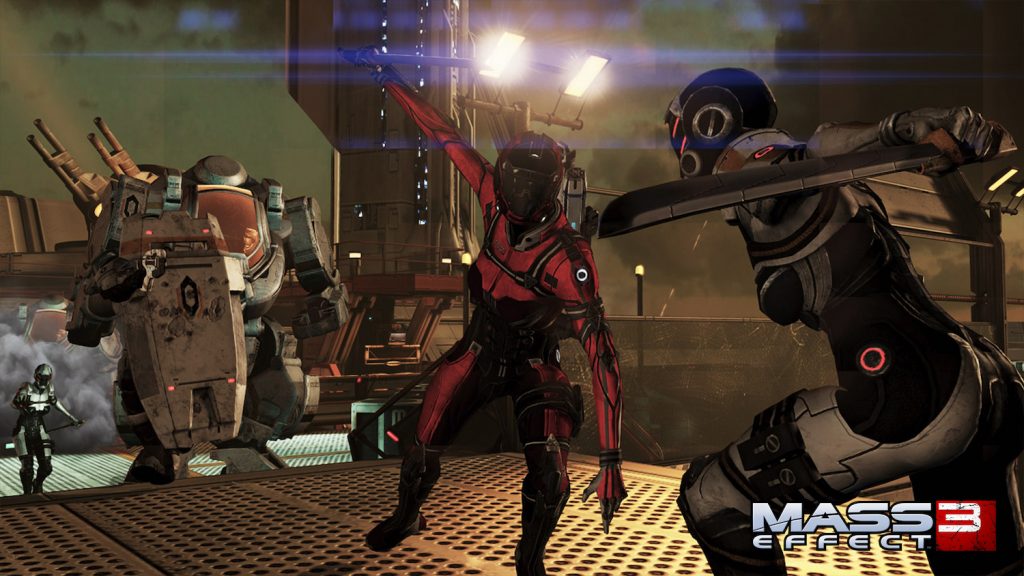
Playing through Mass Effect, Shepard started experiencing a lack of desire to pursue the straight romances in the game, mirroring feelings he was having in real life. He was finally able to put these feelings to rest by making a different in-game choice: “for me the moment that solidified it was Virmire, when I finally, after several playthroughs, saved Kaidan instead of Ashley. It was symbolic in a way, to put my uncertainty into an action I could point to. It was a moment of self discovery and acceptance I needed to finally identify as gay.”
Choices
In some cases, the simple presence of these choices is enough to trigger a realization. That was the case for Natalie Flores, another games writer, in her playthrough of the first season of Don’t Nod’s Life is Strange series. The main character of that series, Max, ends up with two characters she can choose from as potential romance options, Warren and Chloe.
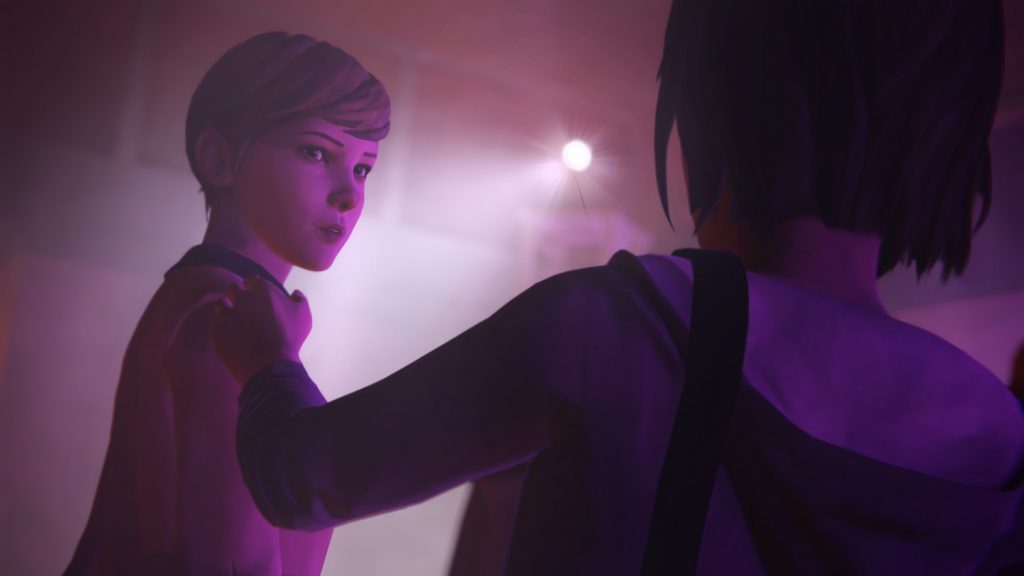
Regardless of who she chooses (or even if she chooses neither), Chloe is still canonically bisexual. For Flores, the mere existence of these options was enough. “Knowing that she had a man and woman available to her as romantic choices made me think that maybe I didn’t have to choose, maybe I could like men and women, and maybe that was valid and there was nothing wrong with that.”
Video games are not magical pieces of media that trounce all others in terms of their merit or universality, but their ability to provide safe spaces for people to explore who they are, or who they might want to be, is undeniable in a world where doing so in one’s real life can be challenging at best, and downright dangerous at worst.
As we push for more inclusivity in gaming, we need to remember these potential safe spaces, and offer players more options to experiment and express themselves with.






